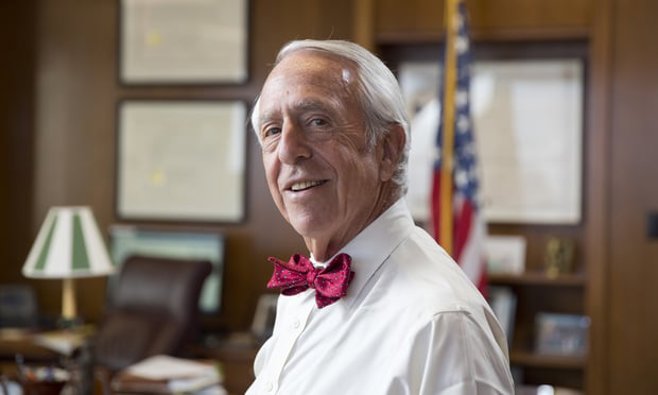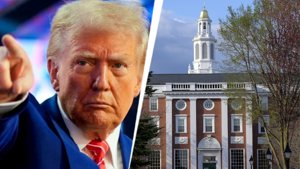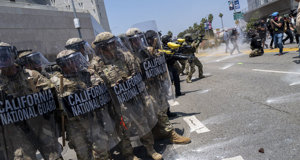
Judge Breyer to Hear Newsom’s Trump Guard Lawsuit
Judge Charles Breyer to preside over California’s lawsuit alleging Trump unlawfully federalized the National Guard.
Federal Judge Assigned in California Sovereignty Case
Judge Charles Breyer, a senior federal judge in the Northern District of California, has been assigned to oversee a lawsuit filed by California Governor Gavin Newsom against President Donald Trump. The suit claims that Trump unlawfully federalized thousands of National Guard troops in California, infringing upon the state’s constitutional sovereignty.
Breyer, an appointee of former President Bill Clinton, is the younger brother of retired Supreme Court Justice Stephen Breyer. His assignment to the case was made Tuesday through the court’s automated random selection process, as stated by the district’s official procedures.
Newsom filed the lawsuit earlier this week, contending that President Trump made an “unprecedented power grab” by deploying National Guard troops in response to protests and riots in Los Angeles County. The protests were sparked by opposition to immigration enforcement policies, and some incidents escalated into violence and property destruction.
According to the suit, Trump’s mobilization of the military without the consent of the governor violated norms of federalism and fueled further chaos rather than containing it. Newsom pointed to subsequent unrest, including arson targeting self-driving vehicles and widespread looting, as evidence that the federal action exacerbated tensions.
Trump Justifies Deployment Amid Rising Violence
President Trump has defended the deployment as necessary to protect federal Immigration and Customs Enforcement (ICE) personnel and government facilities. He cited reports of protestors throwing concrete bottles and other dangerous objects at law enforcement officers as justification for the emergency military support.
The president’s order to activate the National Guard came in the wake of escalating demonstrations in California, with federal officials arguing that the move was within the scope of presidential authority to restore public order and safeguard federal interests.
Newsom’s legal filing, however, claims that the president’s actions were constitutionally excessive and lacked precedent, marking a dangerous overreach into state governance. The lawsuit seeks to block the continued federalization of the National Guard without gubernatorial approval.
The selection of Judge Charles Breyer has attracted attention due to his familial connection to Justice Stephen Breyer, who served on the U.S. Supreme Court for nearly three decades before being succeeded by Justice Ketanji Brown Jackson. However, federal court officials emphasized that case assignments are made without influence or foreknowledge through a randomized system.
Breyer’s appointment comes amid broader concerns from some Republican circles, where speculation has emerged over the impartiality of federal judges in Trump-related cases. Similar theories surfaced around Judge James Boasberg in Washington, D.C., who publicly addressed such claims by reaffirming that judicial assignments are computer-generated and unbiased.
As the legal proceedings unfold, Judge Breyer’s courtroom will become the stage for a pivotal dispute over executive power, state autonomy, and the role of military force in domestic unrest.






